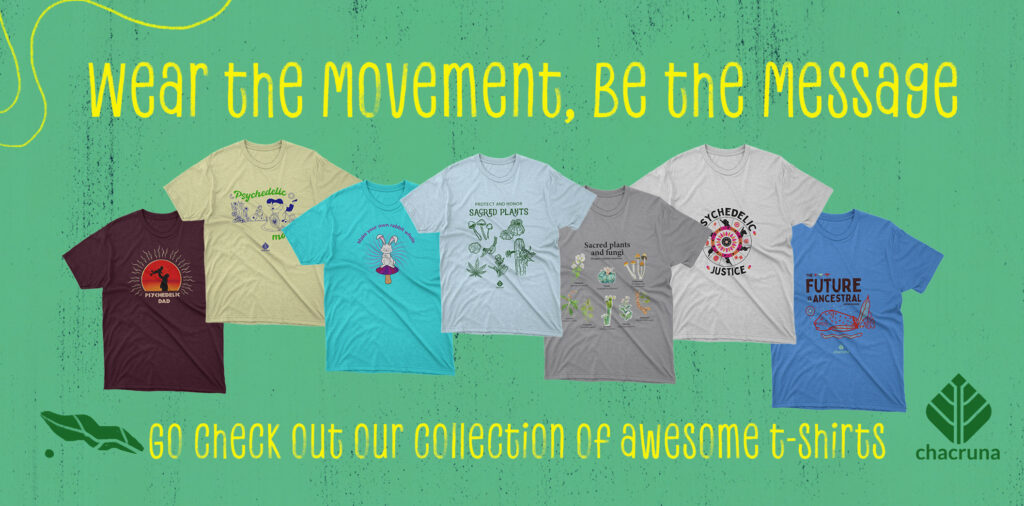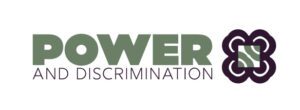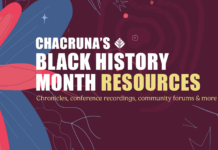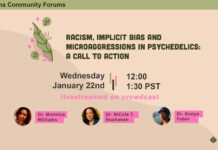It’s About: How Healthy Ethnic Identity is Protective
In today’s America, People of Color (PoC) face not only overt acts of racism but also subtle, yet insidious, forms known as racial microaggressions. These constant, small-scale experiences of discrimination take a toll on mental well-being.
Knowing and embracing who you are protects against racism.
Racism in the United States persists in multifaceted forms, from overt discrimination to covert microaggressions deeply embedded in societal structures. Racial microaggressions, often subtle and unintentional, target marginalized groups based on race, inflicting harm on their psychological and emotional health. This study explores how individuals cope with racial microaggressions and the protective factors that mitigate their detrimental effects, highlighting the broader context of systemic discrimination perpetuated through policy and power dynamics.
Researchers surveyed 696 PoC participants to understand their lived experiences with racial microaggressions and their responses to these everyday challenges. By analyzing these responses, the study uncovered the coping mechanisms and factors that empower individuals to withstand the negative impact of racial microaggressions and address common discriminatory practices.
Strong connections to cultural heritage empower individuals to resist internalizing blame and maintain resilience in the face of discriminatory encounters.
The study found that many PoC tend to internalize blame when confronted with racial microaggressions, exacerbating their psychological distress. This self-blame perpetuates feelings of inadequacy and erodes mental well-being. This study also found that ethnic identity is a protective factor and that embracing one’s ethnic identity is a crucial protective factor against the detrimental effects of racial microaggressions.
Resilience furthermore plays a pivotal role in mitigating the impact of racial microaggressions on mental health. Individuals with resilience demonstrate greater capacity to bounce back from discriminatory experiences, safeguarding their well-being against the oppressive forces of systemic discrimination. Understanding the relevant coping strategies and protective factors can help policymakers and stakeholders develop interventions and support systems that empower marginalized communities and challenge discriminatory practices at their core.
Note: This series highlights articles from the recently published special issue of Frontiers in Psychology, “Power, Discrimination, and Privilege in Individuals and Institutions,” edited by Sonya Faber, Monnica T. Williams, Matthew D. Skinta, and Bia Labate.
Barrita, Aldo M. and Wong-Padoongpatt, Gloria. (2023). Ethnic identity and resilience: a moderated mediation analysis of protective factors for self-blame and racial microaggressions. Frontiers in Psychology 14. https://doi.org/10.3389/fpsyg.2023.1198375

Shop our Collection of Psychedelic T-Shirts.
Take a minute to browse our stock:
Did you enjoy reading this article?
Please support Chacruna's work by donating to us. We are an independent organization and we offer free education and advocacy for psychedelic plant medicines. We are a team of dedicated volunteers!
Can you help Chacruna advance cultural understanding around these substances?















